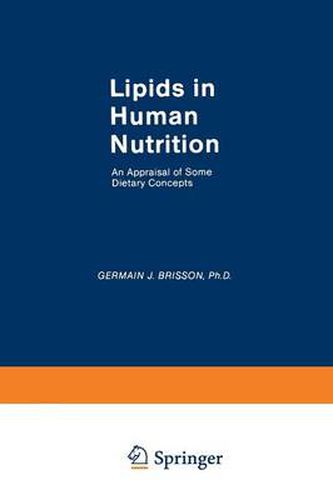Readings Newsletter
Become a Readings Member to make your shopping experience even easier.
Sign in or sign up for free!
You’re not far away from qualifying for FREE standard shipping within Australia
You’ve qualified for FREE standard shipping within Australia
The cart is loading…






This title is printed to order. This book may have been self-published. If so, we cannot guarantee the quality of the content. In the main most books will have gone through the editing process however some may not. We therefore suggest that you be aware of this before ordering this book. If in doubt check either the author or publisher’s details as we are unable to accept any returns unless they are faulty. Please contact us if you have any questions.
Throughout its history, medicine has benefited from scientific discov eries made in complementary fields such as chemistry, physics and biology. Thus, in the middle of the last century, the works of Pasteur, a chemist and biologist, by revealing the world of micro-organisms, bacteria and viruses, made it possible to control a considerable number of often fatal diseases. Guided by the work of this inspired biologist, the English surgeon, Sir Joseph Lister, developed aseptic techniques which have rendered possible the spectacular achievements of modern surgery. It is largely due to such advances that the life-expectancy of man, 50 years at the turn of the century (1900), approaches 75 years in 1981. Even today, however, in spite of this, two groups of ailments, arter iosclerosis and cancer, are responsible for 70 per cent of human deaths both in Canada and in the United States of America. The former is a degenerative process of the arterial system, the latter an uncontrolled and destructive cellular proliferation. Although several predisposing factors are known, the essential cause of these conditions is wholly unknown. As long as this ignorance of the etiology persists, all forms of therapy can be no more than palliative.
$9.00 standard shipping within Australia
FREE standard shipping within Australia for orders over $100.00
Express & International shipping calculated at checkout
This title is printed to order. This book may have been self-published. If so, we cannot guarantee the quality of the content. In the main most books will have gone through the editing process however some may not. We therefore suggest that you be aware of this before ordering this book. If in doubt check either the author or publisher’s details as we are unable to accept any returns unless they are faulty. Please contact us if you have any questions.
Throughout its history, medicine has benefited from scientific discov eries made in complementary fields such as chemistry, physics and biology. Thus, in the middle of the last century, the works of Pasteur, a chemist and biologist, by revealing the world of micro-organisms, bacteria and viruses, made it possible to control a considerable number of often fatal diseases. Guided by the work of this inspired biologist, the English surgeon, Sir Joseph Lister, developed aseptic techniques which have rendered possible the spectacular achievements of modern surgery. It is largely due to such advances that the life-expectancy of man, 50 years at the turn of the century (1900), approaches 75 years in 1981. Even today, however, in spite of this, two groups of ailments, arter iosclerosis and cancer, are responsible for 70 per cent of human deaths both in Canada and in the United States of America. The former is a degenerative process of the arterial system, the latter an uncontrolled and destructive cellular proliferation. Although several predisposing factors are known, the essential cause of these conditions is wholly unknown. As long as this ignorance of the etiology persists, all forms of therapy can be no more than palliative.